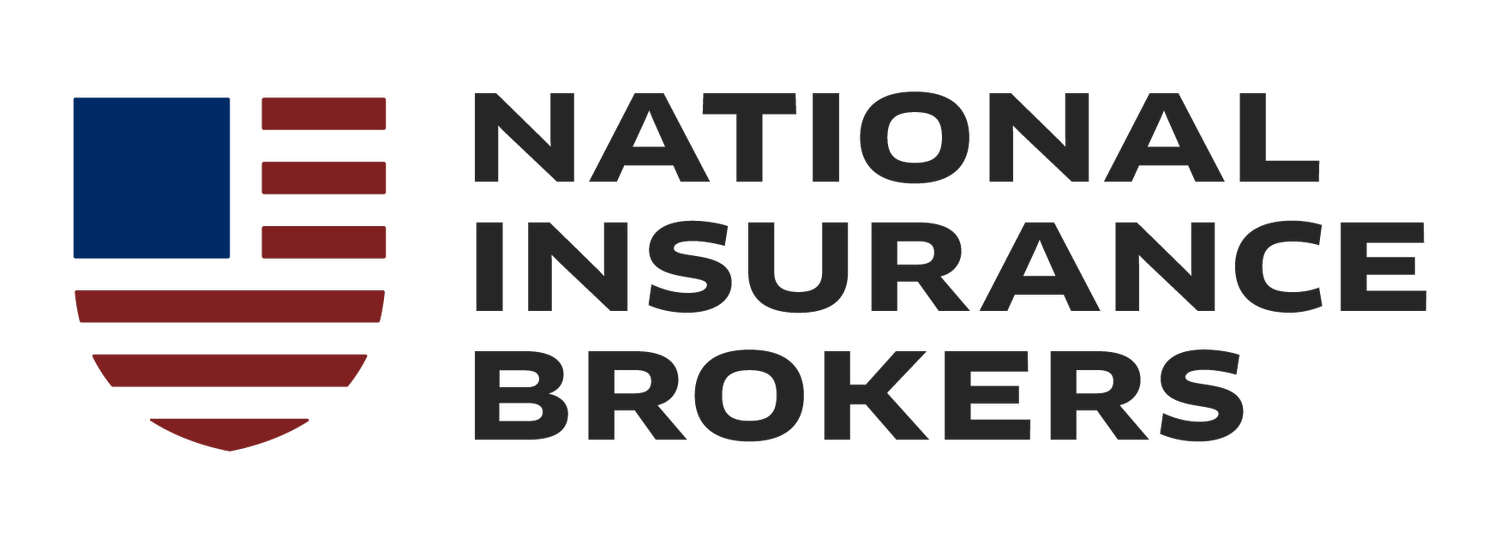How to Optimize Your Auto Insurance for Icy Roads and Snowstorms
Navigating the winter season requires special attention to your auto insurance policy. The icy roads and frequent snowstorms significantly alter driving conditions, making it a must for every car owner to review their insurance coverage and ensure it can handle these challenges.
Understanding Winter-Related Auto Risks
Winter hazards such as ice, snow, and reduced visibility can dramatically increase the likelihood of accidents.
Insurance companies often see a rise in claims during this period, primarily due to these weather-related incidents. Understanding these risks is crucial for drivers, particularly people in regions where winter hits harder. Understanding how winter conditions impact your insurance policy is the first step in effective risk management.
Moreover, drivers should understand how specific winter risks, like black ice and heavy snowfall, can affect insurance claims. Knowing these details aids in choosing the right coverage options and preparing for potential claims processes.
Factors such as your vehicle's age and type, driving history, and specific geographical location can influence your risk assessment. It's important to communicate any changes in your situation to your insurance provider to ensure your coverage is accurately adjusted for winter risks
Coverage Adjustments for Winter Driving
Winter driving demands specific adjustments to your insurance coverage.
Reviewing and Adjusting Liability Coverage
With the increased risk of bodily injury and property damage in winter, reassessing your liability coverage is essential. This insurance coverage protects you against potential lawsuits and claims resulting from accidents where you’re at fault.
Consulting with insurance or independent agents can help you determine if your current insurance policy provides sufficient coverage, particularly in most states with severe winter driving conditions.
Additionally, consider if your policy covers common winter scenarios like sliding on ice, which could result in damage to other vehicles or property
Comprehensive Coverage for Weather-Related Damage
Comprehensive insurance coverage plays a vital role during the winter months. It offers protection against non-collision events, such as damage from snow or ice.
For instance, if your vehicle is damaged due to a snow-laden tree branch falling, comprehensive coverage is what you would rely on. Insurance agents can assist in ensuring your policy includes this crucial coverage tailored to your vehicle and unique circumstances.
Exploring options for coverage against weather-specific incidents, such as hail damage or the impact of falling icicles, is also advisable
Collision Coverage Considerations
Given the higher risk of collisions due to icy roads, evaluating your collision coverage is another important step.
This insurance coverage deals with damages from accidents, a common occurrence in winter. It's advisable to discuss with your insurance company or agent how to optimize this coverage based on your car's value, your driving frequency in winter, and your local weather patterns.
Understanding the deductible changes and premium adjustments for collision coverage during winter months is essential for financial planning and risk management.
Specialized Coverage for Winter Driving
Winter conditions call for tailored adjustments to your auto insurance policy. Specialized coverage options can provide extra protection and even cost savings during the colder months.
Winter Tire Discounts
Using winter tires is a practical measure to reduce the risk of accidents on icy roads. Many insurance companies recognize this and offer discounts to policyholders who equip their vehicles with winter tires.
This incentive encourages safer driving and makes it more affordable to maintain appropriate insurance coverage. As a car owner, it's worth inquiring with your insurance agents about these potential savings.
Confirming the types of winter tires recognized by your insurance and understanding the documentation needed to avail of these discounts is crucial
Roadside Assistance Coverage
Winter emergencies, such as being stranded due to snow or mechanical failures, highlight the importance of roadside assistance coverage.
This service, often available through your auto insurance company, provides help when you need it most. Reviewing and enhancing your roadside assistance coverage can ensure you're adequately prepared for winter's unpredictability. It's a wise investment for any driver, especially in areas prone to severe winter.
This coverage should ideally include services like towing, winching, and emergency refueling, which are particularly useful in winter conditions
Rental Car Coverage
Weather-related incidents can sometimes leave you without a vehicle. Understanding your insurance policy's rental car coverage is crucial. This coverage ensures that you have access to a temporary vehicle if yours is inoperable due to a winter accident, maintaining your mobility and reducing the inconvenience.
In addition to these options, consider inquiring about coverage for custom parts and equipment. Winter driving might require special modifications to your vehicle, such as snow plows or enhanced lighting, which should be covered under your policy.
Discuss with your insurance company or agent about including this option in your insurance coverage.
Winter Driving Safety Tips
Safe driving practices are integral to navigating winter roads. Simple measures like maintaining a safe following distance, reducing speed, and ensuring your vehicle is winter-ready can make a significant difference. These practices keep you safe and can positively impact your insurance policy, as safer driving often leads to fewer claims and potential insurance discounts.
Conclusion
Optimizing your auto insurance for winter driving is a proactive step towards enhanced safety and financial prudence.
Reviewing your policy, considering specialized coverage options like winter tire discounts, roadside assistance, and rental car coverage, and adopting safe driving practices are essential. These measures protect you and your family and can lead to savings on your insurance premiums.
We encourage all readers, especially those in areas prone to icy conditions and snow, to proactively review and adjust their auto insurance policies. Safe driving and effective insurance optimization are particularly crucial in winter conditions.
For personalized advice and assistance in selecting the right coverage, reach out to National Insurance Brokers. They can help you navigate the selection of the best winter insurance for you and ensure that your coverage is perfectly aligned with your winter driving needs.

